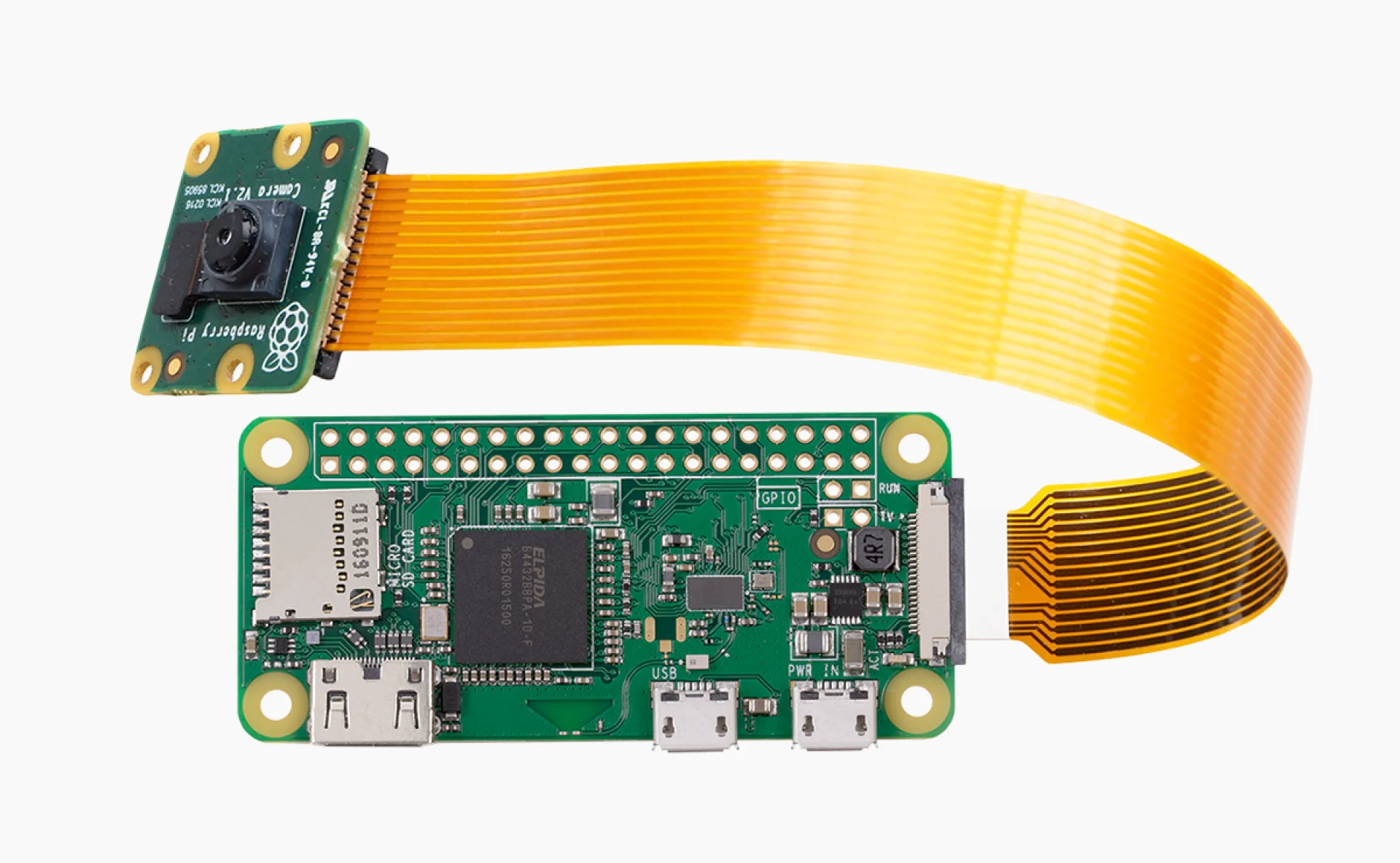Why FPC ?

Flexible Printed Circuits (FPC) are revolutionizing the electronics industry due to their numerous advantages over traditional rigid circuit boards. FPCs are made from flexible plastic substrates like polyimide, which allows them to bend, fold, and twist without damaging the circuitry. This flexibility makes them ideal for use in compact and dynamic applications where space and weight are critical constraints.
One of the primary benefits of FPCs is their ability to fit into tight and irregular spaces, making them perfect for modern electronic devices such as smartphones, tablets, wearables, and medical devices. Their lightweight nature contributes to the reduction of the overall weight of these gadgets, enhancing portability and user comfort.
FPCs also offer improved reliability and durability. The reduction in connectors and solder joints minimizes potential points of failure, leading to enhanced performance and longevity. Additionally, the thermal stability of materials like polyimide allows FPCs to operate effectively in high-temperature environments, expanding their use in automotive, aerospace, and industrial applications.
Moreover, the manufacturing process of FPCs can be more efficient and cost-effective. They support complex three-dimensional configurations, which can streamline assembly processes and reduce the need for multiple rigid boards and interconnecting cables.
In summary, the adoption of Flexible Printed Circuits is driven by their versatility, reliability, and efficiency, making them indispensable in the advancement of modern electronic technologies.


